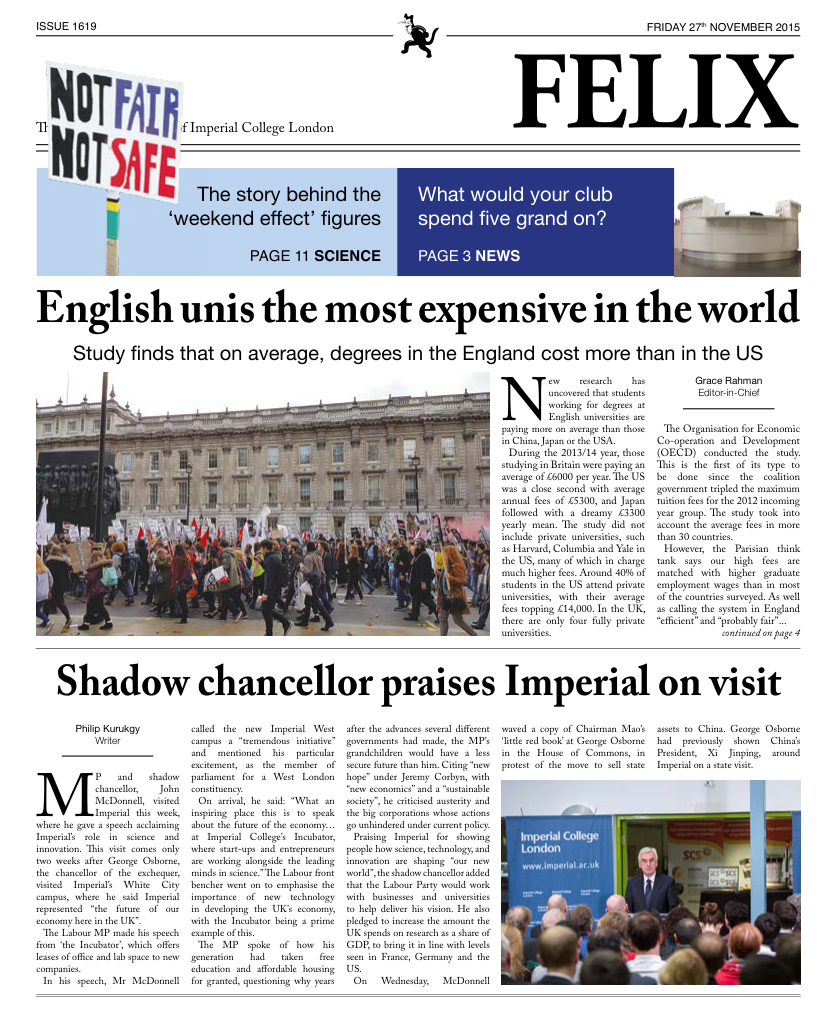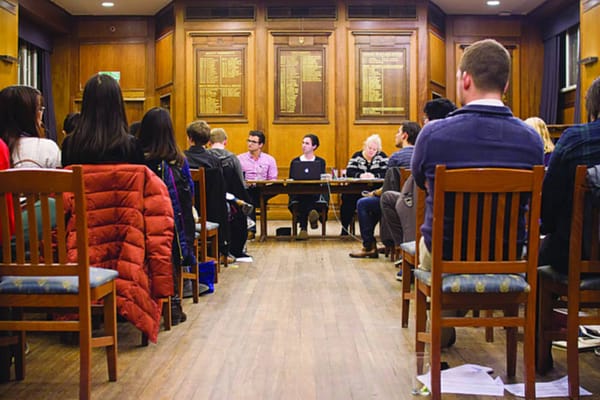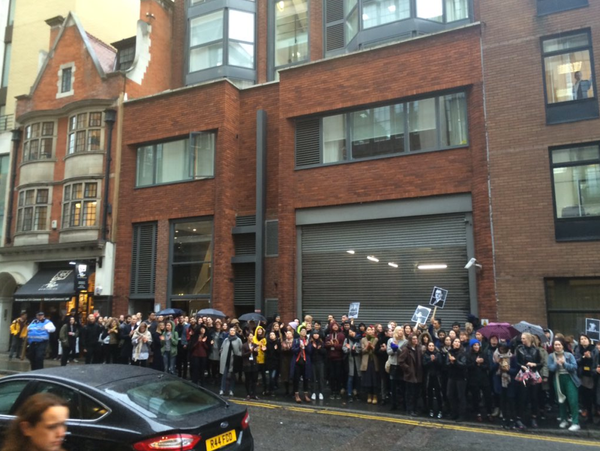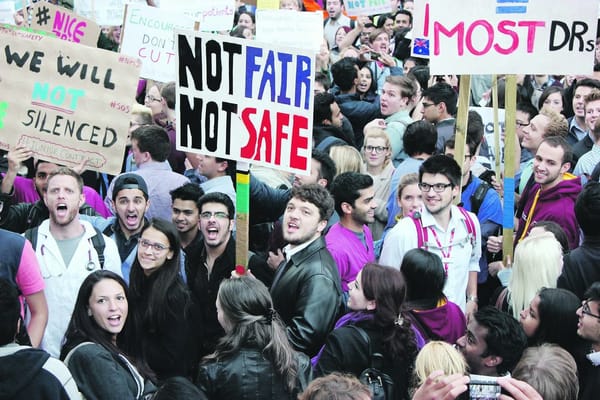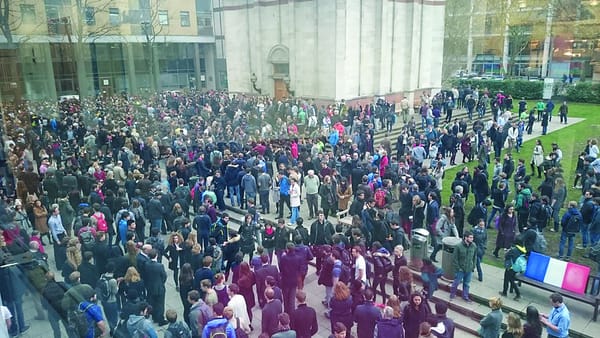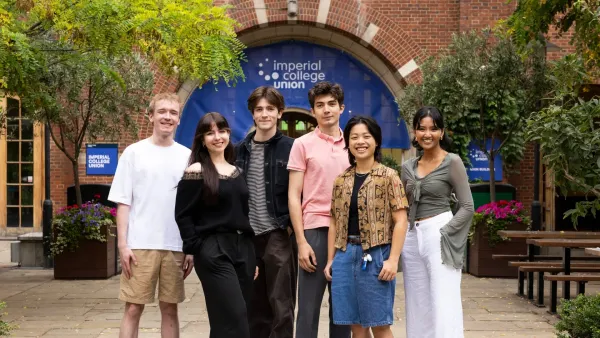English universities are the most expensive in the world
Study finds that on average, degrees in the England cost more than in the US
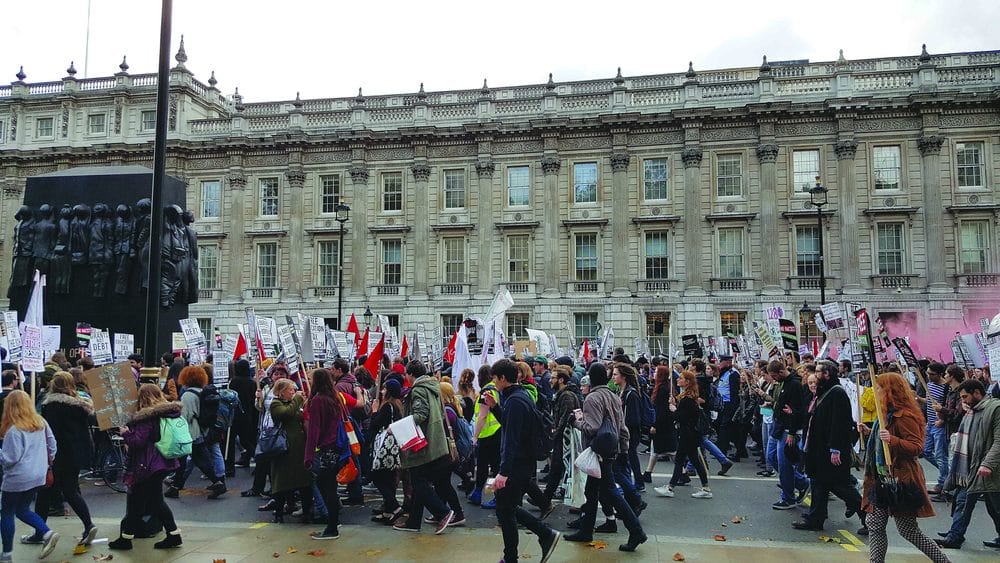
New research has uncovered that students working for degrees at English universities are paying more on average than those in China, Japan or the USA.
During the 2013/14 year, those studying in Britain were paying an average of £6000 per year. The US was a close second with average annual fees of £5300, and Japan followed with a dreamy £3300 yearly mean. The study did not include private universities, such as Harvard, Columbia and Yale in the US, many of which in charge much higher fees. Around 40% of students in the US attend private universities, with their average fees topping £14,000. In the UK, there are only four fully private universities.
The Organisation for Economic Co-operation and Development (OECD) conducted the study. This is the first of its type to be done since the coalition government tripled the maximum tuition fees for the 2012 incoming year group. The study took into account the average fees in more than 30 countries.
However, the Parisian think tank says our high fees are matched with higher graduate employment wages than in most of the countries surveyed. As well as calling the system in England “efficient” and “probably fair” the leader of the OECD’s Education and Skills department said that the “returns to individuals [studying in England] are still very, very substantial”.
Although British institutions rely heavily on private funds, students in the UK contribute around 20% to the cost of their education, which is more than the EU average of 14%.
At the moment, Imperial undergraduate degrees costs £9000 per year for home and EU students, and £26,000 for everyone else. This is higher than the OECD’s UK average of £6000.
Sir Peter Lampl, chair of the Sutton Trust, which campaigns for equal access to education, said the figures “should cause the government to avoid steps that could hamper access, including replacing grants for poorer students with loans leaving them more indebted than richer students, cutting widening participation funding, or reducing the independence of the access regulator”.
He also said that although home student fee increases from 2012 did not seem to have put off students from poorer backgrounds, “it has seen a big fall in numbers of mature part-time students”. Imperial offers part-time courses in several departments including Aeronautics, the Business School and Science Communication.
In his Autumn statement published yesterday, Chancellor George Osborne reiterated plans to scrap maintenance grants for students, saving the national coffers £2bn per year.
The statement also guaranteed that the wage threshold for home students having to pay back their fees would remain at £21,000 until April 2021, which will mean repayments for the students who started their studies in 2012 or after could work out more expensive.
Despite this new research, the government has no plans to halt its recent green paper recommendations, which would see top universities being allowed to raise their fees with inflation. Still in its infancy, these potential policies are currently going through consultation, but after the tripling in fees in 2012, further increases were predicted by many. Imperial College Union has not yet taken a stance on the green paper, and Imperial College have said they will be responding to the consultation, after discussing the issue with ICU.

